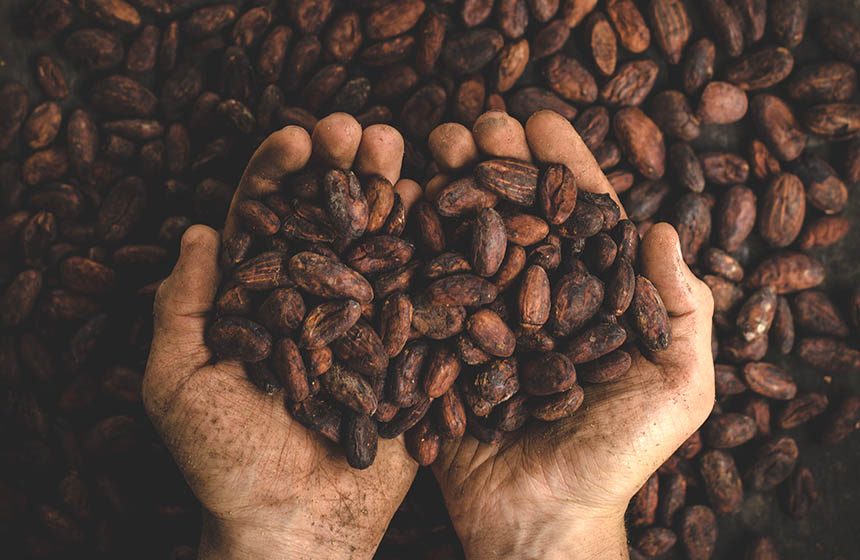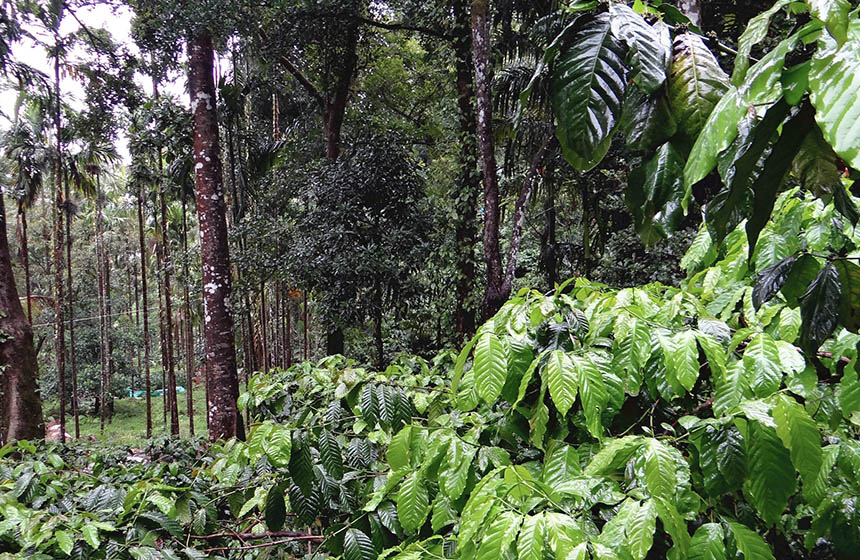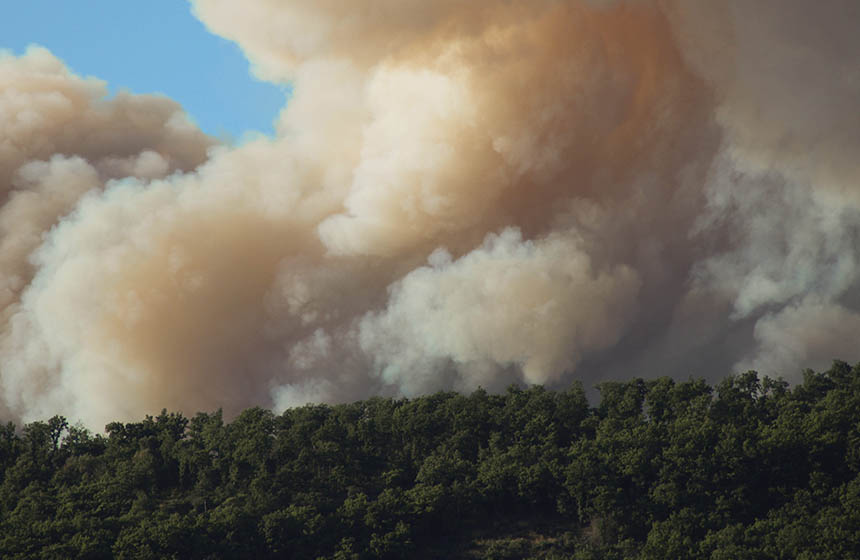Sustainable forest management and agroforestry implemented by indigenous communities
Working with 271 indigenous producers of coffee and cocoa, the project works to implement sustainable agroforestry practices in the indigenous territories of the T’simane Mosetene, Leco and Tacana communities.
Nature-based Intervention:
The project focused on building technical capacity in agroforestry through hosting training and workshops. They promoted an agroforestry model which focuses on having a diversified forest canopy alongside the important crops of coffee and cocoa. These biodiverse plots can support more native species and capture more carbon than traditional plantations. In order to promote the security of these interventions and support indigenous land tenure a decentralized and cost-efficient system for control and vigilance of indigenous territories was established. This program uses technologies such as phone apps and collaborations with local national park authorities to bolster protections against illegal land encroachment.
Overview of context and outcomes:
The Territories of the T’simane Mosetene, Leco and Tacana indigenous communities cover over 1,000,000 ha and intersect with the Madidi and Pilón Lajas protected areas. This highly biodiverse landscape is threatened by deforestation which is done for illegal agricultural clearing and settlements, timber extraction and gold mining. These acts are damaging to the livelihoods of forest-dependent communities and perpetuate cycles of poverty.
Case effectiveness on
Climate change
The project is reportedly on track to sequester or prevent the emission of 199,046 tCO2 by the completion of the project. This is a combination of 152,672 tCO2 drawn down by ne agroforestry plots and 46,374 tCO2 of avoided emissions from 80 ha of prevented deforestation.
Ecosystem health
Ecological effect: Please selectAlongside the increased tree species diversity in the agroforestry plots there was also a reported 22% increase in avian species diversity. There was also a likley improvement in habitat quality due to increased biodiverse tree cover.
Socioeconomic outcomes
The increase in technical capacity has reportedly led to and increased productivity of 85% in cacao and 203% in coffee. This allows the farmers to increase their incomes with cocoa farmers in the project reporting a 102% increase in average annual household income. In total 591 indigenous producers ( which includes 154 women) trained in the techniques for pre-harvest management of agroforestry plots.
Governance
This project was a collaboration between the Wildlife Conservation Society and the APCAO MAPIRI Association of Organic Cacao Producers of Mapiri, APCERL Association of Ecological Coffee Producers of Larecaja, CHOCOLECOS Association of Producers of Indigenous Leco Cacao, and Fundación Teko Kavi.
Finance
The project had a total budget of £751,347, with the Darwin Initiative contributing £398,871 and the Nordic Agency for Development and Ecology (NORDECO) contributing 410,000 euros.
Monitoring and evaluation
There are established and comprehensive monitoring programs in regards to illegal deforestation activities in the region. With indigenous communities and local park authorities working together to track illegal activities.
Trade-offs and limitations
No information yet available on tradeoffs.

Intervention type
- Food production
- Management
Conducted at landscape scale
Ecosystem type
- Tropical & subtropical forests
Instigators
- International conservation/environment organization
Societal challenges
- Biodiversity conservation
- Climate change mitigation
- Economic and Social development
- Rights/empowerment/equality
Outcomes
- Food security: Not reported
- Water security: Not reported
- Health: Not reported
- Local economics: Positive
- Livelihoods/goods/basic needs: Positive
- Energy security: Not reported
- Disaster risk reduction: Not reported
- Rights/empowerment/equality: Positive
- Conflict and security: Not reported
- No. developmental outcomes reported: 4
Resources
Read resource 1Read resource 2
Literature info
- Grey literature



